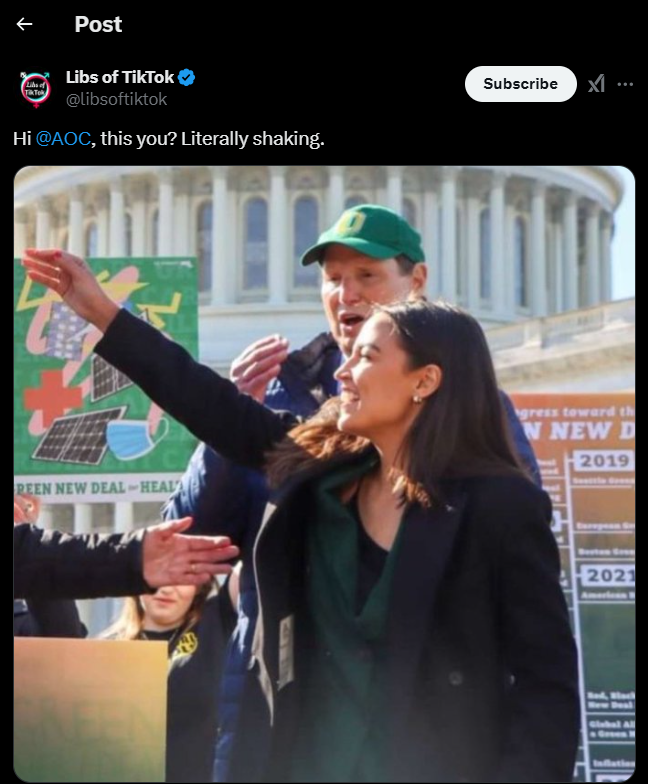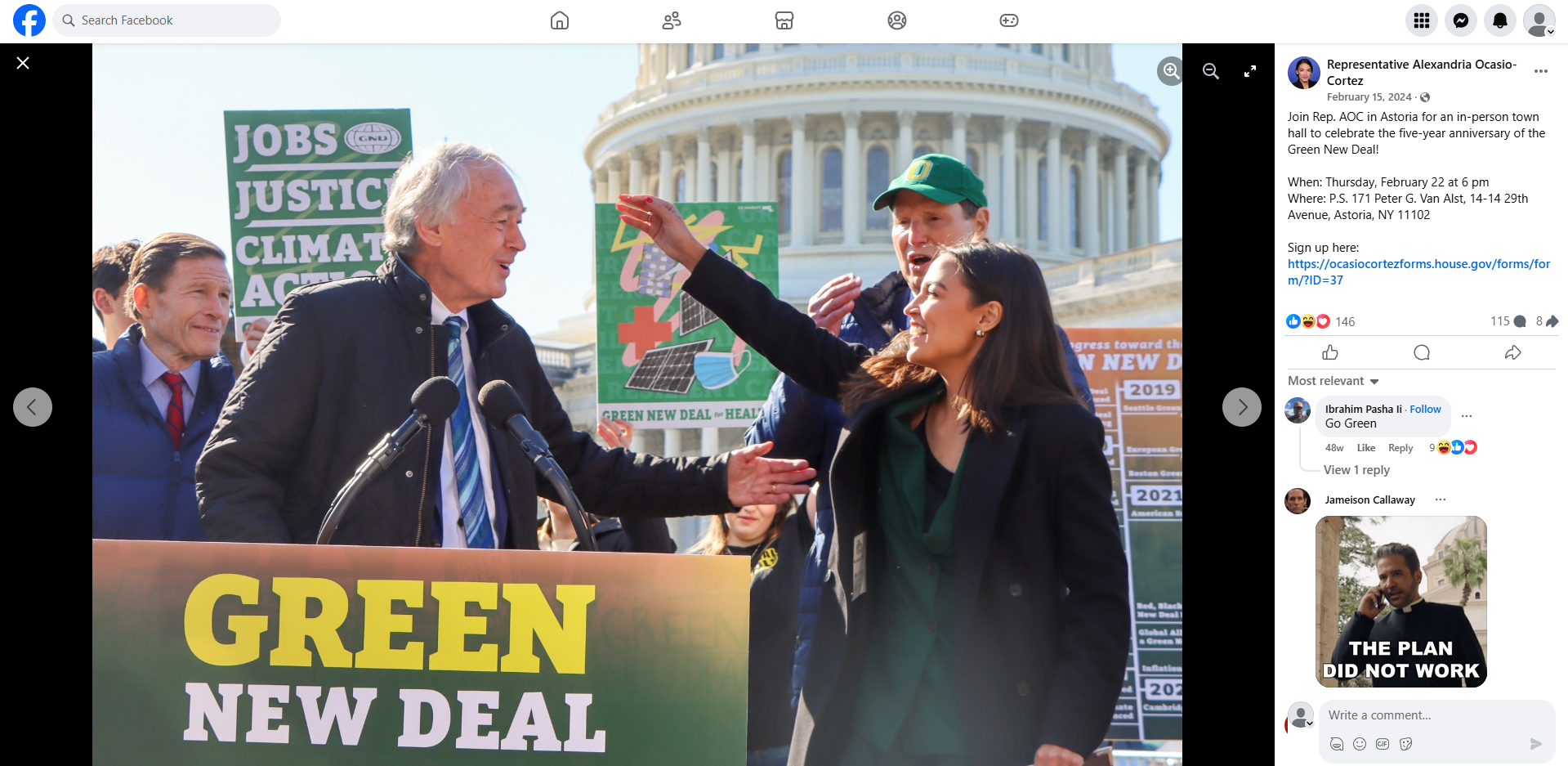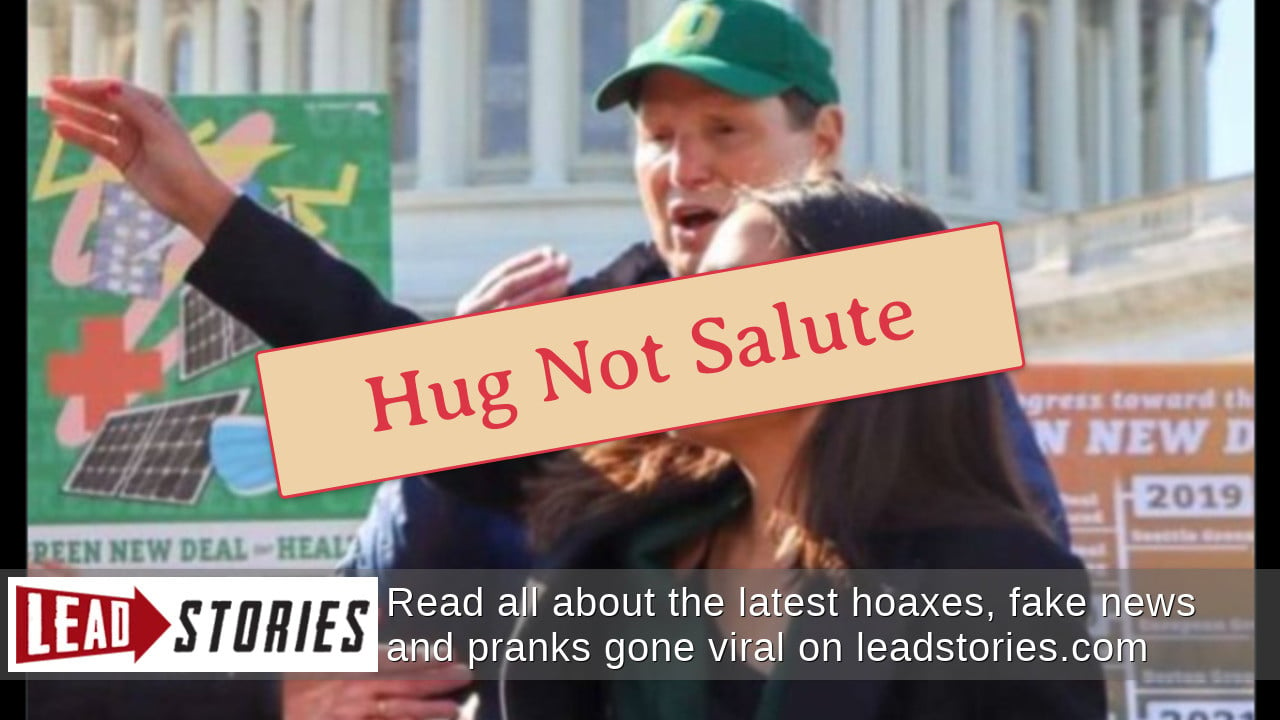Could a seemingly innocuous gesture ignite a firestorm of controversy and accusations of the unthinkable? The answer, as events surrounding Elon Musk and the 2025 presidential inauguration of Donald Trump vividly demonstrate, is a resounding yes.
On January 20, 2025, the day President Donald Trump commenced his second term, the internet buzzed with a story that quickly morphed into a heated debate. Video clips surfaced, swiftly amplified by social media algorithms, purporting to show tech entrepreneur Elon Musk giving a Nazi salute. The alleged gesture, captured during the inauguration celebrations, immediately ignited a global discussion, probing the boundaries of intent, interpretation, and the relentless churn of the 24-hour news cycle.
The incident, or rather the perception of the incident, offered a potent illustration of how quickly information can spread and morph in the digital age. One moment, Musk was reportedly addressing the crowd, speaking about his vision for safe cities and secure borders. The next, he was thrust into the center of a maelstrom of accusations, facing a barrage of criticism and speculation that threatened to eclipse the very policies he had been discussing. While some dismissed the gesture as an awkward moment, a misinterpretation or a fleeting instance of enthusiastic gesticulation, others were less forgiving, viewing it as a deliberate act, a visible manifestation of troubling ideological leanings.
- The Life And Times Of Jerry Sheindlin From Television Judge To Legal Icon
- Jonathan Gilbert A Comprehensive Biography
The speed at which such claims can gain traction is particularly alarming. In the digital landscape, nuance is often sacrificed at the altar of virality. Soundbites and fleeting images can be isolated from context, reframed, and disseminated widely, frequently leading to rapid and often inaccurate conclusions. In this case, the image of Musk, seemingly captured mid-gesture, was enough to set off a wave of controversy. The speed with which the narrative coalesced highlights the power of social media to shape public perception and the vulnerability of public figures to misinterpretation, especially when combined with their controversial image.
The immediate reaction among various news outlets and commentators was mixed. Some attempted to tread carefully, while others were more direct in their assessment. The Anti-Defamation League (ADL) offered a nuanced perspective, stating that while the gesture could easily be misinterpreted, the evidence did not unequivocally support the claim that it was a Nazi salute. Their assessment offered a degree of caution, attempting to provide clarity amidst the rising tide of speculation and finger-pointing. However, this clarity was not universally embraced; critics quickly seized upon the ambiguity, and online debates intensified, with users firmly planting themselves on opposing sides of the issue.
The online discourse around the event was characterized by a fervent desire for validation. The debate was less about what actually happened and more about what people wanted to believe happened. Musk's history, characterized by outspoken opinions and sometimes controversial business practices, influenced how people interpreted the event. For his detractors, the alleged gesture served as a vindication of pre-existing criticisms, reinforcing the notion that Musk was a figure not to be trusted. For his supporters, the incident was quickly dismissed as a misunderstanding, or an act of deliberate distortion. This divergence in viewpoint underscored the extent to which public figures can be subject to the projection of ones own biases and beliefs, whether warranted or not.
- Machine Gun Kelly And Emma Cannon The Story Behind Their Baby Mama Saga
- Mark Harmons Date Of Birth Explore The Life And Career Of The Renowned Actor
The incident serves as a critical case study into how quickly a story can spiral out of control and the challenges in maintaining accuracy and balanced reporting in a hyper-connected world. The very nature of the internet, which provides access to information from diverse sources, presents both opportunities and considerable risks. The ability to share information in real-time has become the engine for rapid news dissemination, but the speed at which the news travels also encourages the spread of misinformation.
The controversy also raised questions about the responsibility of media outlets in an era of rampant misinformation. While some outlets exercised restraint, others appeared to sensationalize the story, which was amplified by the competitive nature of media in a crowded and complex online environment. Many outlets were hesitant to issue definitive judgments, leading some to accuse them of "waffling" and of being overly cautious in their approach. This careful approach reflects the pressures media organizations face today, the financial incentives which often prioritize clicks and engagement over factual reporting. The tension between generating audience interest and the pursuit of journalistic integrity is central in these discussions.
The controversy did not stay confined to the digital sphere. It entered the political arena, with politicians, including Rep. Alexandria Ocasio-Cortez, weighing in on the debate. Her perspective was highly critical of the interpretation that was being used by certain outlets to downplay the nature of the gesture. Her comments underscored that the incident was not simply a matter of speculation but rather a reflection of deeply rooted societal anxieties. In the meantime, Mexicos presidential communications team dismissed the claim, illustrating how the ripple effect of the event was being felt across international boundaries.
The reaction to the situation highlights the importance of responsible media consumption. Consumers must exercise critical thinking and consider the source of the information. This ability to assess the credibility of information, and the intent of the person or media outlet presenting it, is now essential. The ongoing controversy is a reminder that in the age of rampant misinformation, the responsibility to discern fact from fiction has shifted, to a considerable extent, to the individual user.
The incident involving Elon Musk and the Trump inauguration can be viewed as a microcosm of the battles being fought in the culture wars. It is a prime example of how public figures can be readily cast as symbols and how quickly the symbolism and meaning of an event can be twisted to confirm existing biases. The controversy offers a valuable lesson for society: the need for caution, the importance of accurate fact-checking, and the necessity of avoiding the pitfalls of jumping to conclusions without taking into account all available evidence.
| Personal Information | Details |
|---|---|
| Full Name | Elon Reeve Musk |
| Date of Birth | June 28, 1971 |
| Place of Birth | Pretoria, South Africa |
| Nationality | South African, Canadian, American |
| Spouse(s) | Justine Wilson (m. 2000; div. 2008), Talulah Riley (m. 2010; div. 2012, m. 2013; div. 2016) |
| Children | 10 |
| Career & Professional Information | Details |
|---|---|
| Education | University of Pennsylvania (B.A. in Physics, B.A. in Economics), Stanford University (attended Ph.D. program in Applied Physics and Materials Science, but dropped out after two days) |
| Notable Positions | Co-founder of Zip2, Co-founder of X.com (later PayPal), Founder, CEO, and CTO of SpaceX, CEO and Product Architect of Tesla, Inc., Owner of Twitter (X Corp.) |
| Net Worth (approximate, as of current date) | Varies, but consistently ranks among the wealthiest individuals globally |
| Key Contributions | Revolutionizing the electric vehicle industry, Advancing space exploration with reusable rockets, Developing sustainable energy solutions, Disrupting social media with Twitter |
| Awards and Recognition | Numerous awards, including being named one of the most influential people by Time Magazine and Forbes |
| Controversies | Has been involved in numerous controversies due to his outspoken nature, business practices, and social media activities |
| Key Projects | SpaceX, Tesla, Neuralink, The Boring Company, X Corp. (formerly Twitter) |
For further information and verification, you can explore the following website:
SpaceX Official Website
The core of the controversy lies in the interpretation of a specific moment. In the video footage, as discussed by CNN, Musk appeared to give a "salute". The incident brought the matter of media coverage and the challenges of interpreting events in the digital age to the forefront, with all the participants, commentators, and the public needing to make their own judgments.
The event also became intertwined with the broader discussion of fake news. Claims that Musk was not giving a Nazi salute were made by many, supported by arguments that there was no actual basis for the allegations. The debate highlighted the importance of analyzing evidence and approaching digital information with care. The situation became an instance of a larger media landscape, with the focus being on identifying and assessing information, the importance of media literacy, and the awareness to recognize false or misleading information.
The entire episode is a stark illustration of the complexity of contemporary communication. The event is a compelling example of the dynamics of misinformation, the impact of social media, and the ever-evolving relationship between public figures, the media, and the public.
In summary, the controversy that arose around Elon Musk's alleged gesture during President Trump's inauguration is a multi-faceted event with implications that extend far beyond the initial accusation. It underscored the importance of critical thinking, the potential for misinterpretation in the digital age, and the evolving nature of public discourse.


